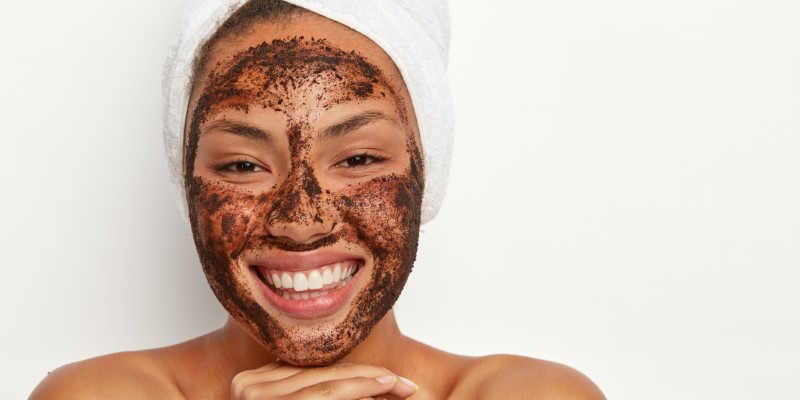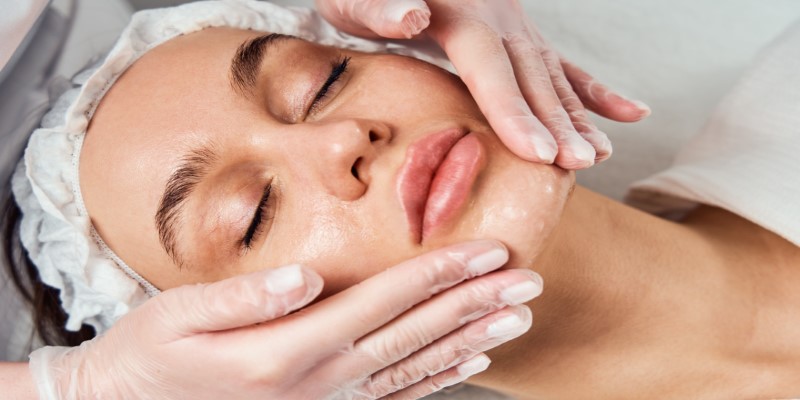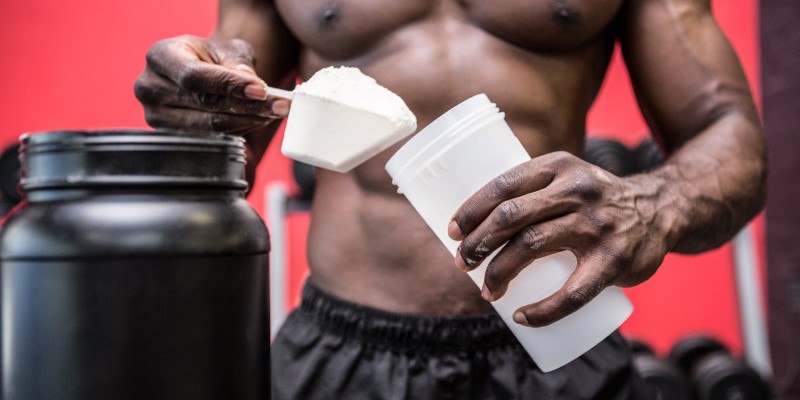Are you tired of struggling with acne and searching for a solution that works? Look no further than Sulfur! This natural mineral has been used for centuries to treat skin conditions, including acne effectively. With its powerful antibacterial and anti-inflammatory properties, Sulfur offers a natural and optimum way to achieve clearer skin.
In this article, we'll discuss how Sulfur works to fight acne, its advantages, and tips on how to use it to achieve the best results. Say goodbye to acne and hello to more apparent, healthier-looking skin with the help of Sulfur.
Is Sulfur a Safe Ingredient for Skincare?
Sulfur is a highly effective ingredient in skincare products that treat acne-prone skin. It's well-known for its ability to unclog pores, reduce oil production, and fight acne-causing bacteria. Despite some controversies, Sulfur is generally considered safe for topical use. It's a natural element used for medicinal purposes for centuries and is FDA-approved for use in over-the-counter acne treatments.
Sulfur is non-comedogenic and doesn't irritate most people. However, to make the most of its benefits, it's essential to use it in moderate amounts under the guidance of a dermatologist. You should always test the product on a small area of skin before applying it to the entire face and consult a healthcare professional to determine if it's the right treatment.
Benefits of Sulfur in Curing Acne?
Acne is a common skin condition that affects people of all ages and can be frustrating. There are many treatments available to help manage acne, including Sulfur. Sulfur is a natural mineral used for centuries for its therapeutic properties. In recent years, it has gained popularity as a treatment for acne.
Reduces Oiliness of Skin
Sulfur reduces the skin's oiliness, which is one of the leading causes of acne. It does this by slowing down sebum production, the dirt oil produced by the sebaceous glands in the skin. When the skin produces too much sebum, it can clog the pores and form pimples, blackheads, and whiteheads.
Antibacterial Properties
One of the main benefits of Sulfur is that it has antibacterial properties. Acne is often caused by bacteria that thrive in the pores of the skin. Sulfur works by killing these bacteria and preventing them from multiplying. This helps to reduce inflammation and prevent new breakouts from forming.
Anti-Inflammatory Properties
Sulfur also has anti-inflammatory properties, which can help to reduce the redness and swelling associated with acne. When the skin becomes inflamed, it can become painful and uncomfortable. Sulfur can help to soothe the skin and reduce inflammation, making it a great treatment for those with sensitive or irritated skin.

Exfoliates the Skin
Another benefit of Sulfur is that it can help to exfoliate the skin. When dead skin cells build up on the surface of the skin, they can clog pores and lead to acne. Sulfur can help to remove these dead skin cells, allowing the skin to breathe and preventing new breakouts from forming.
Reduces Acne and Blemishes
Sulfur is also effective at reducing the appearance of acne scars. Acne scars can be a frustrating and embarrassing side effect of acne. Sulfur can help to fade these scars by growing new, healthy skin cells.
100% Natural Treatment
One of the best things about Sulfur is that it is a natural treatment. Unlike many other acne treatments, Sulfur is not harsh on the skin and does not contain any harmful chemicals that can irritate or dry out the skin. This makes it a great option for those with sensitive skin.
How to Use Sulfur for Skincare?
Sulfur is a natural mineral that has been used for eras for its medicinal and cosmetic properties. When it comes to skincare, Sulfur has been found to be an effective treatment for a variety of skin conditions, including acne, rosacea, and psoriasis. If you're looking to incorporate Sulfur into your skincare routine, here's how to use it:
Start With A Patch Test: Before the application of any new skincare product, it's important to do a patch test to make sure you're not sensitive to any of the ingredients. Apply a small amount of the Sulfur product to a small area of the skin and wait 24 hours to see if there is any reaction before applying it more widely.
Use Sulfur-Based Cleansers: Sulfur-based cleansers are a great way to incorporate Sulfur into your daily routine. Look for a cleanser that contains 5-10% Sulfur and use it once or twice a day to help control acne and reduce inflammation.

Try A Sulfur Mask: Sulfur masks are another popular way to use Sulfur in your skincare routine. They can be used once a week to help control oil production and reduce inflammation. Apply the mask to your face, leave it on for 10-15 minutes, then rinse it off with warm water.
Use Sulfur Spot Treatments: If you have a specific acne spot that needs targeting, a Sulfur spot treatment can be effective. Look for a product that contains between 3-10% Sulfur and apply it directly to the affected area. Leave it on for a few hours, or overnight if possible, then rinse it off with warm water.
Consider Sulfur Supplements: While Sulfur is most commonly used topically in skin care products, Sulfur supplements can also help improve skin health from the inside out.
Wrap Up!
Adding Sulfur to your acne skincare routine can be a game changer. This natural mineral has been proven effective in treating acne, reducing inflammation, and unclogging pores. It also has antibacterial properties that can help prevent future breakouts. However, it is essential to note that Sulfur can be irritating to some skin types, so it's important to patch test before incorporating it into your routine. If you're looking for a gentle, yet effective solution to acne, Sulfur may be worth considering. Just be sure to consult with your dermatologist before making any significant changes to your skincare routine.







